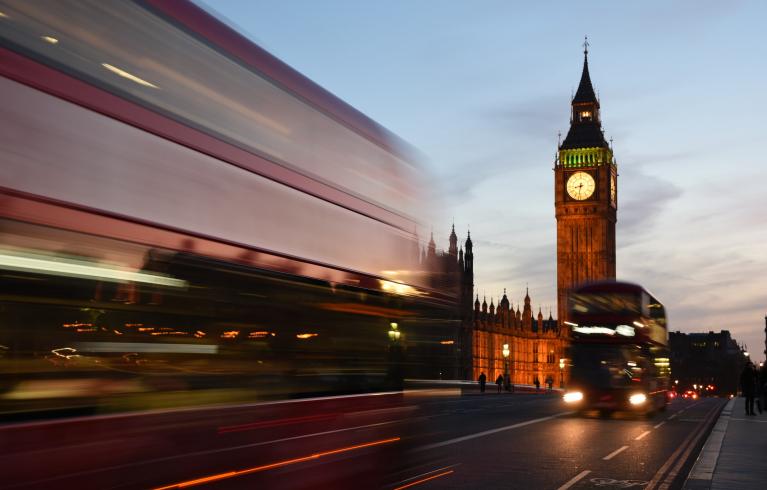
Key information
Publication type: General
Publication date:
Contents
The London Assembly Transport Committee has today called for Transport for London (TfL) and bus operators to change the culture around self-reporting and ensure that fatigue is taken seriously, to protect drivers and customers.
The Committee carried out an investigation on the issue of transport safety, speaking with bus safety experts, TfL, Unions and transport safety organisations.
More work must be done to protect bus drivers from fatigue, with evidence over many years suggesting that fatigue among London bus drivers is a chronic and widespread issue.
Research by Loughborough University and the Swedish National Road and Transport Institute in May 2019 found that one-in-six London bus drivers reported falling asleep at the wheel within the previous year.
During the Committee’s investigation, it heard from Professor Andrew Morris who was involved in this research. Professor Morris told the Committee, “We did find that fatigue was a problem for bus drivers. In fact, we found 21 percent of drivers are fighting sleep at least three times per week and insufficient sleep before shifts and changing shift patterns, etc.”
Guests told the Committee that pressure on bus drivers to meet time schedules adds stress and potentially increases the risk of collisions. Tom Kearney explained that there is a systemic issue around targets being based around punctuality, saying “If you incentivise time and pay for time, safety will suffer.”
The Mayor's Transport Strategy includes a Vison Zero goal for London, setting an overall target of zero deaths and serious injuries on London’s transport network by 2041.
It also sets targets for nobody to be killed on or by a London bus by 2030, and for no fatalities on the Underground by 2024. An interim target for a 70 per cent reduction in people killed or seriously injured in, or by, London buses by 2022 was not met.
Following this investigation, the Committee has published its report – ‘Bus, tram and tube safety in London’ – which has 13 recommendations for the Mayor and TfL, including:
- TfL and bus operators should change the culture around self-reporting and ensure that fatigue is taken seriously. TfL should:
- Share the lessons learned from its pan-TfL Fatigue Working Group and Oversight Group.
- Develop an action plan by September 2024 on how it will implement those lessons from trams (and other modes) systematically across bus operators.
- Commission new research on shift lengths, patterns and rotas, including data on bus drivers’ experiences of investment such as rest facilities and toilets.
- The Mayor should commission an Independent Safety Risk Assessment for TfL from a reputable independent authority which would investigate
- The role and punctuality incentives in bus contracts, with emphasis on the stressful conditions these incentives might create for Bus Drivers, including those which cause fatigue.
- The time pressures that Bus Drivers face.
- Analysis of Speed Compliance Tool data.
- In response to this report, TfL should provide a summary report detailing its performance against vision zero so far, and its plans for how it will meet future targets.
Related documents
Bus, tram and tube safety in London_0.pdf